Sunday, January 10, 2010
Boogey - Boogey Baby!
Not to be confused with "boogie" which, according to the venerable Merriam Webster's Dictionary (online edition), means
1 : to dance to rock music; also : revel, party 2 a : to move quickly b : to get going
which is something you would certainly do, as in "boogie on out of here" (c.f. Earth, Wind and Fire, Boogie Wonderland) if you saw a boogeyman!
I was raised with scary stories of the boogeyman. I never gave it a thought until tonight, upon reading the history of the word bogey in Barbara Walker's The Woman's Encyclopedia of Myths and Secrets. Suffice to say I was looking for something else entirely but got sidetracked. Since my mom is pure Polish descent (as far as I know), whose parents emigrated to the U.S. in the early 1900s, the concept of the boogeyman no doubt stemmed from tales she heard from her own mother, who heard them from her own mother as a child.
It was a couple of my aunties (a couple of my mom's younger sisters) who babysat for us while mom and dad worked who first introduced us to the scary boogeyman! I believe our particular Polish-American version of the boogeyman has a parallel in Harry Potter (boggart).
Without further ado, here is Walker's entry:
Bogey
The Bogey-man was a devil derived from Slavic bog, "god." English cognates were bugabow, bugaboo, bugbear, and boggle-bo, which used to signify a pagan image carried in procession to the games of May Day.(1) "Humbug" came from Norse hum, "night," plus bog or bogey, i.e., a night spirit.(2) [Rather interesting, as Mr. Ebenezar Scrooge of Charles Dickens' pen was apt to say "Bah, Humbug. Humbug I say!" when he was dismissive, or frightened out of his mind!] The word "bug," from Welsh bwg, "spirit," was applied to insects because of the old belief that insects were souls in search of rebirth.(3) A mantis was the soul of a seer or wizard. A butterfly was Psyche, the Female Soul.
Other derivations of bog were Scottish bogle, Yorkshire boggart, English Pug, Pouke, and Puck; Icelandic Puki; the Puk of Friesland; the German Putz or Butz; Irish Pooka and Welsh Pwcca; Danish Spoge and Swedish Spoka with their English offshoot, "spook."(4) Old English puca, a fairy, was applied to the old gods of Beltain.(5) Thus Puck was the same as the witches' god, Robin. (Post on Robin).
Notes:
(1) Hazlitt, 80.
(2) Leland, 161.
(3) Spence, 96.
(4) Keighley, 315-16.
(5) Potter & Sargent, 295.
Well, I have to tell you that this information has thrown me for a wallop!
I have a fearsome fear of bugs (insects), but go out of my way not to kill them if at all possible - another childhood taboo that may be distantly related to the childhood taunt/chant "step on an ant, break your mother's back." If encountered outdoors I brush insects away or run away; inside the house, I usher them into jars for deposit outside or onto paper and a quick toss out the door. But it isn't always possible, alas. But I didn't know I was killing lost souls. Oh Goddess.
Was the drunken butterfly episode a couple of summers ago an encounter with a lost soul? All I can tell you is that it totally freaked me out.
Subscribe to:
Post Comments (Atom)

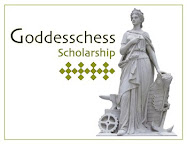
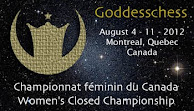


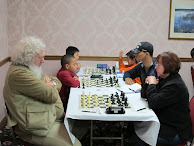

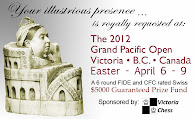

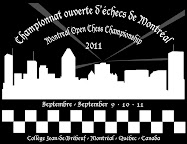










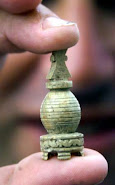














1 comment:
...hi, jan, happy holidays. i was
thinking about bog(rus), the other
evening and did my routine letra
rooting of bog= b/poc/g=popoca(N)=
smoke, but there is also, pochotl(N)=bombax ceiba, the cotton tree
(cotton originally comes from amerindia, and actually grew in different colors. in nauatl, pochotl(N) also means father, mother, governor, protector. so
we can discard popoca(N)=smoke=
(po)p/fog/ca as being too cynical
an appelation for the almighty,
and mark pochotl(N) as the root
for the russian godword, Bog,
which is pronounced half-way between a b/v, but with the rest
of the bogeys one has to match the appropriate meaning.
oh, and the word, cotona(N)=
pinch, squeeze=cut(E)/cotton/
c/god/t brings the ceiba, cotton,
and gott(ger)full circle.
Post a Comment